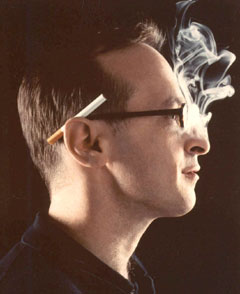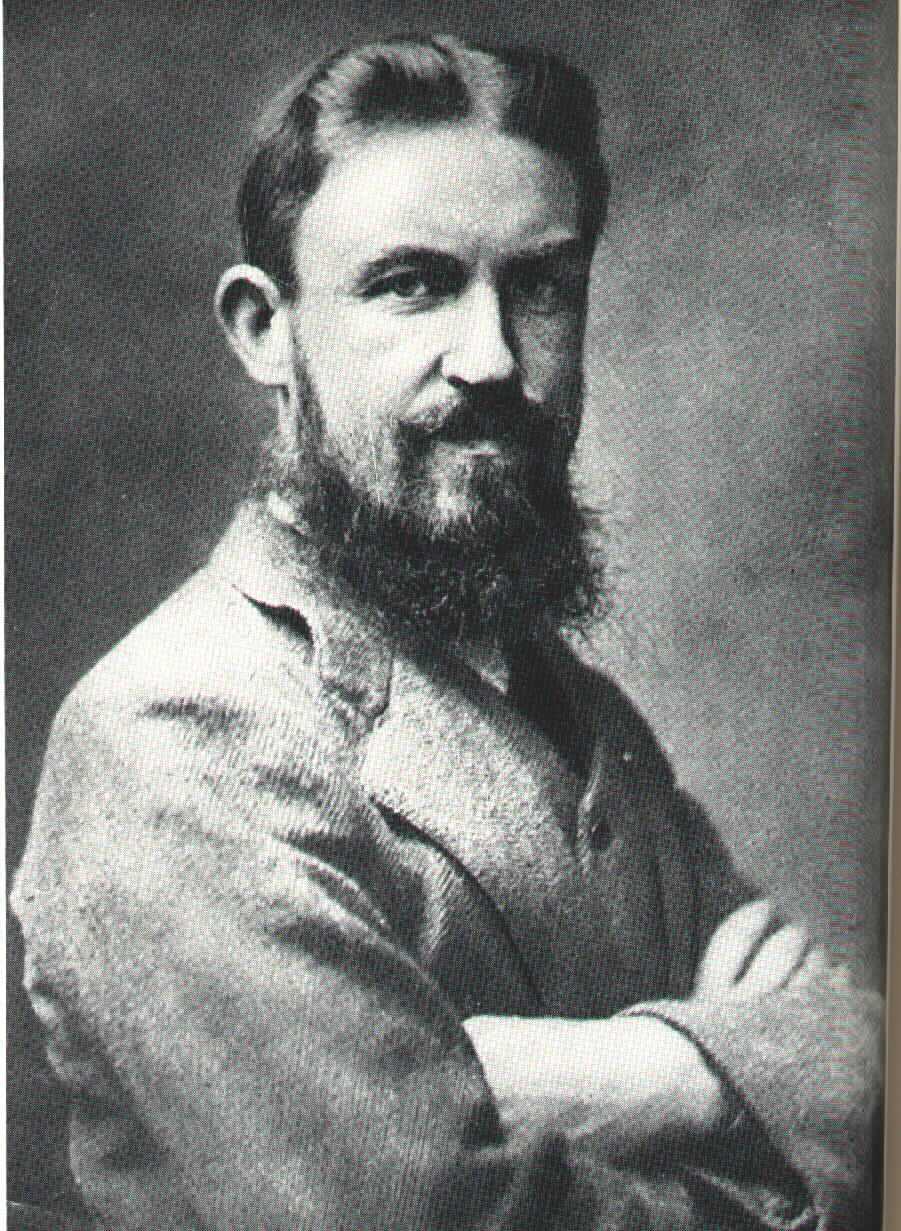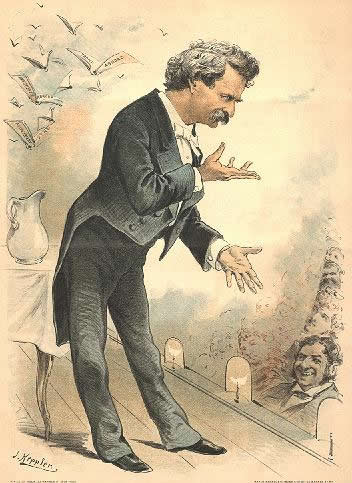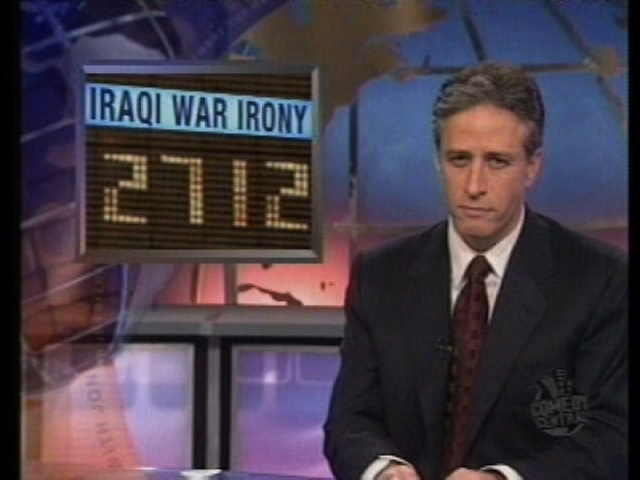
BIO
Interview (s)
Go Carolina
Us and Them
"Laughter and tears are both responses to frustration and exhaustion. I myself prefer to laugh, since there is less cleaning up to do afterward."--Kurt Vonnegut

















This was produced in 1951 around the time the Soviet Union started testing their nuclear weapons. The U.S. feared that they had to prepare for the possibility of a nuclear attack. The result was this film which was shown in schools. Could you imagine? We had our fire drills and our tornado drills, but never anything like this. Could you imagine being in a class room having to watch this? A cartoon turtle telling us that nuclear war can happen at any time and without warning. And all you have to do is duck and cover, like that's going to save you from the extreme heat and radiation. My favorite line: Even a newspaper can save you from a bad burn.
I thought I'd share this with you all. Give you an idea of what was happening in the 50's, so that you get a better understanding of the fear and paranoia. And the result of all this, of course, is Kubrick's "Dr. Strangelove".
